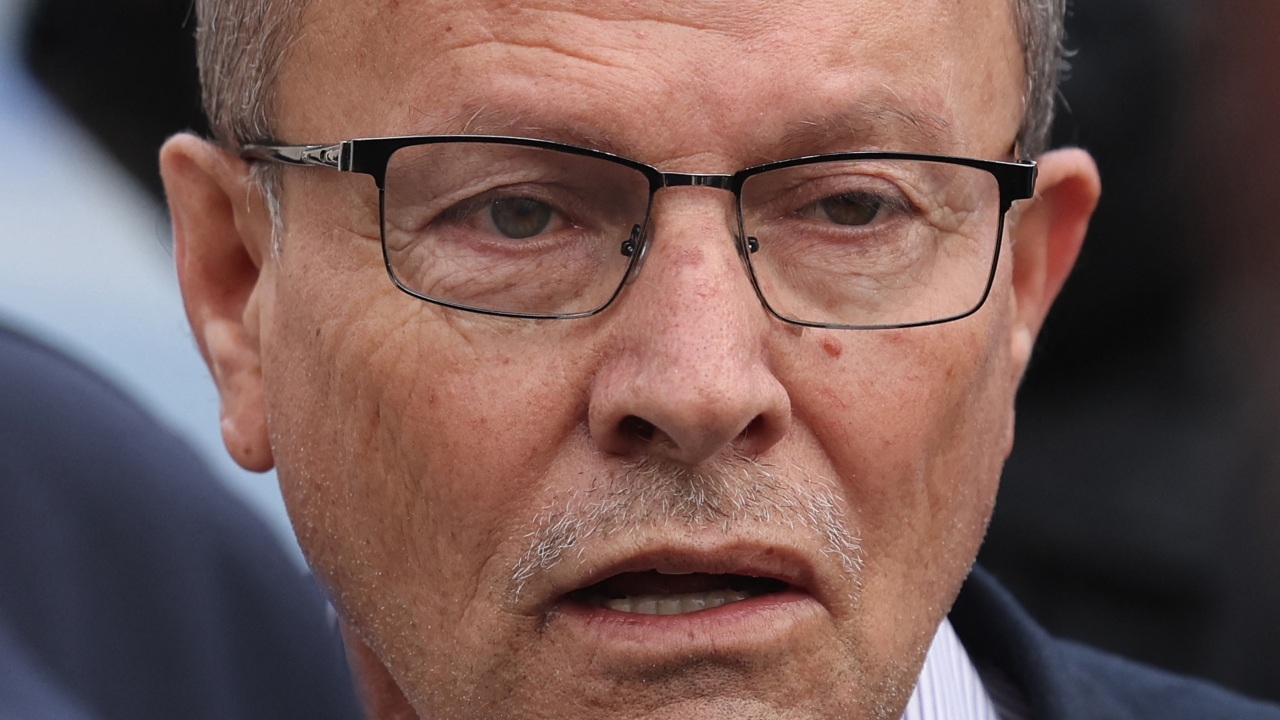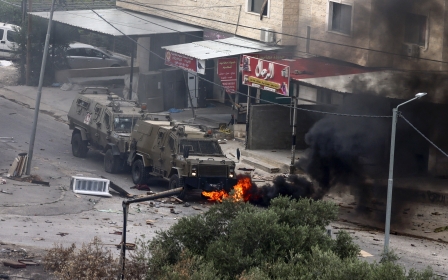Palestinian Authority's prisoner affairs minister dies in car crash

The Palestinian Authority's minister in charge of prisoner affairs died on Saturday in a car accident, according to local authorities in the occupied West Bank.
Qadri Abu Bakr, chairman of the Detainees and Ex-Detainees Commission, died near the town of Jamma'in after returning from an event celebrating the children of Palestinian prisoners.
The Palestinian police confirmed the death of Abu Bakr and two other Palestinians, adding that there were more injuries reported. Bassem Sawan, a former Palestinian prisoner, and his wife were the two others also killed in the crash.
In a statement, Palestinian President Mahmoud Abbas mourned the minister, calling him a "great national fighter."
"The fighter Abu Bakr spent his life as a solid fighter defending Palestine, its cause, its people, and its independent national decision," said Abbas, praising his "honourable national and struggle role, and his work in the institutions of the Palestinian state," Abbas said.
New MEE newsletter: Jerusalem Dispatch
Sign up to get the latest insights and analysis on Israel-Palestine, alongside Turkey Unpacked and other MEE newsletters
The Gaza-based Hamas also expressed condolences for the minister and Sawan, saying it "remembers the struggle of the Abu Bakr and Sawan, and their contribution to supporting the prisoners and their cause".
Abu Bakr was born in January 1953 and hailed from the town of Biddya in the northern occupied West Bank.
He spent around 17 years of his life in Israeli detention, and was later exiled to Iraq. He returned to the West Bank in 2018, where he assumed the role of minister in charge of Palestinian prisoners.
The Detainees and Ex-Detainees Commission was established in 1998 as a part of the Palestinian Authority, and deals with Palestinians jailed inside Israeli prisons.
Currently, Israeli prisons are home to 5,000 Palestinian political prisoners, including 160 children and five Palestinian Legislative Council members.
Human rights organisations have long condemned Israeli prisons holding security prisoners for their cruel and inhuman treatment of Palestinians.
Palestinians have been resorting to hunger strikes since 1968 to fight issues such as solitary confinement, denial of family visits, inadequate medical treatment, and other degrading conditions.
Middle East Eye delivers independent and unrivalled coverage and analysis of the Middle East, North Africa and beyond. To learn more about republishing this content and the associated fees, please fill out this form. More about MEE can be found here.





